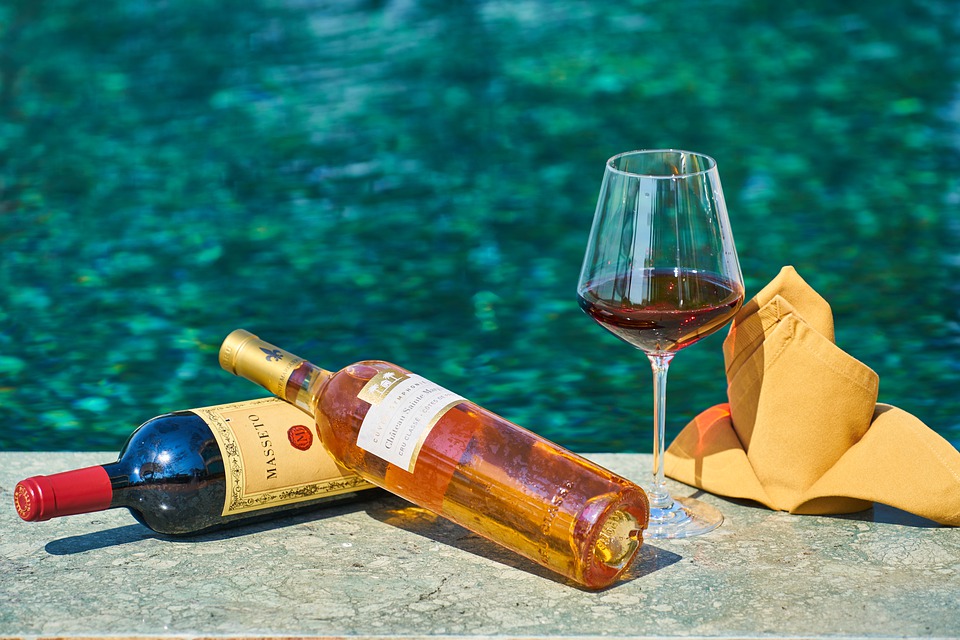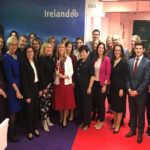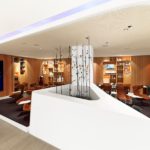
(TAN): The economic impact of luxury travel has been estimated as USD 1.54 trillion per year, according to a new report published by the International Luxury Travel Market (ILTM) in collaboration with Barton and Wealth-X.
The amount is the total spent on certain Ecosystem activities excluding airfares and accommodation by domestic and international luxury travellers. The Ecosystem is “a complex mixture of food and drink, cultural activities, wellness, sporting events, performance arts and outdoor pursuits” or a “collection of experiences connected to travel” that make up the “experience economy” of travel. Luxury travel is at the core of the Global Luxury Travel Ecosystem.
“The reason why this ecosystem is so important to the luxury travel industry is that more and more of these wealthy individuals are seeking curated travel adventures, tailored by advisors who know them well, know what they care about and are passionate for,” the repost said.
[ALSO READ: Lufthansa offers two new summer destinations in Greece]
The report said 77% of the USD 1.54 trillion is spent by Inbound travellers and the rest (23%, which amounts to USD 347 billion) by Outbound travellers. High-Net-Worth (HNW) tourists with over USD 1 million in wealth contribute 37% or USD 130 billion of the amount spent by Outbound travellers, although they constitute only 0.3% of the global population. With an estimated 22.8 million such individuals globally, the HNW group collectively owns USD 94 trillion in wealth.
Author of the report and founder of Barton, Winston Chesterfield reportedly said that it has anlysed the hobbies and spending behaviour of the wealthy during travel. The report revealed that HNWs contribute an estimated 44% or USD 113.8 billion towards the annual Outbound travel spend on food and drink, and 41% or USD 9.6 billion towards wellness activities.
“The report looks for the first time at the influence of the wealthy on travel and how much they contribute – whether it be boat or helicopter trips, top-flight sporting events or dining, from Michelin restaurants to more casual places. The influence they have is, of course, disproportionate for their size: this is a small but very important group of individuals,” Chesterfield was quoted by ttgmedia as saying.
[ALSO READ: Over 5,800 people apply for 100 slots of voluntourism on Faroe Islands]
“Of course there is also great diversity among them too, rather than just one type of person and interests. Those [agents] who understand the value of the ecosystem, and know what HNWIs look for and enjoy are then better able to design more appropriate and desirable experiences for clients,” he added.
Also, the HNW group is made up of three tiers, of which Ultra High Net Worth (UHNW) individuals with net worth of USD 30 million forms the smallest group of just 265,490 individuals across the world. Despite the small global population, this category spends USD 40 billion or 31% of the HNW group’s total spend every year on Outbound Ecosystem activities.
These luxury travellers are conscious about the impact of their travel on the environment and local communities. They therefore opt for places to stay and travel plans within the Ecosystem that reflect “strong sustainability pledges” and lessen the impact of their presence and arrival.
[ALSO READ: Radisson to launch a strategic joint venture for expansion in Germany and Austria]
“Sustainability is huge. They want things locally sourced, and that the cotton sheets are organic and not bleached – because they know organic sheets use up to 88% less water. The statistics gets into their heads and it affects their choices,” HNW Lifestyle Adviser.
The report also showed that even though HNWs command attention of luxury travel businesses, non-HNWs accounted for 63% of spend on the Outbound Luxury Travel Ecosystem, indicating that “experiences are valued by all luxury travellers, whether genuinely wealthy or aspirational”.




